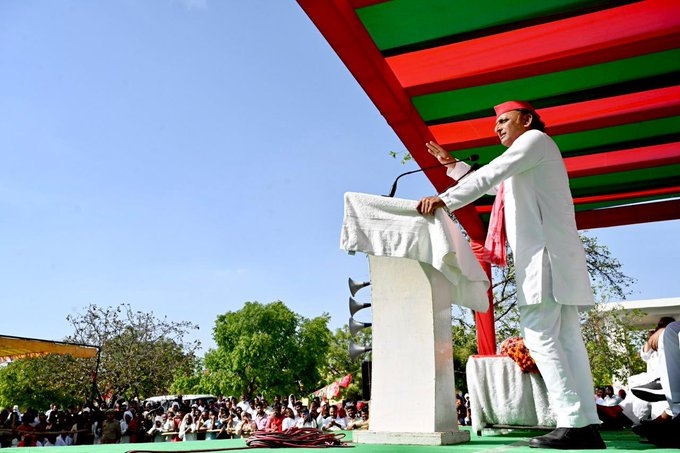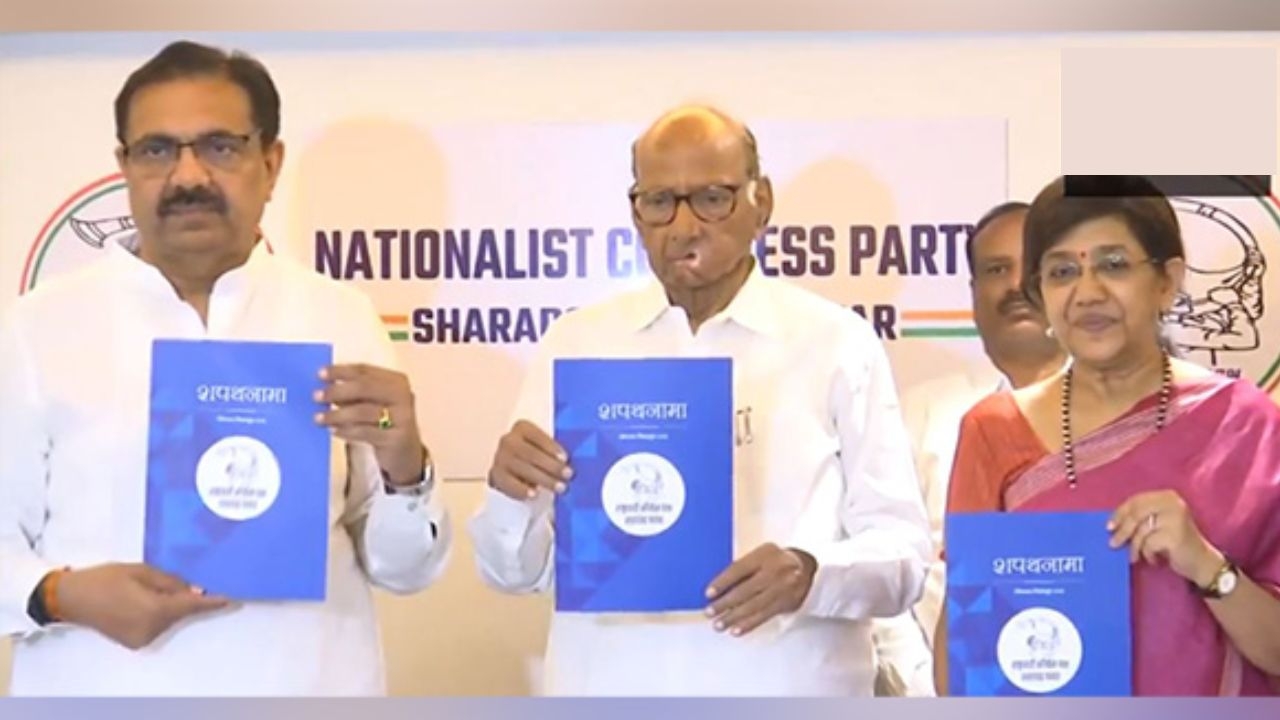#TanzanianGirlAttack: Congress cop out; K'taka Home Min denies incident
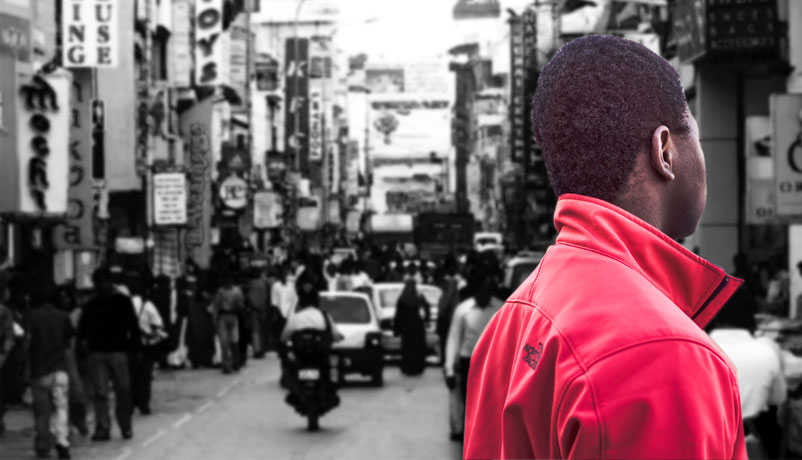
The attack
- A 21-year-old Tanzanian girl was dragged out of her car, stripped and paraded naked by a Bengaluru mob
- Her co-passengers, all African, were also beaten up, and their car torched
The reason
- A Sudanese man had run over a local woman about half an hour before the incident
- The mob attacked the Tanzanian girl because she was the next black person who drove past
- Karnataka home minister G Parameshwar insists it was not a racist attack
More in the story
- How has the African community in Bengaluru reacted to the incident?
- Is Bengaluru turning from a cosmopolitan city to a hub of racism?
Bengaluru's reputation as a cosmopolitan city that welcomes 'outsiders' with open arms is taking a severe beating. It's a sad and disturbing development, because for nearly three decades, local Kannadigas have accepted migrants from other parts of the country.
But the arrival of people from the Northeast, and later, foreign students, particularly from African countries, in the last few years, seems to have triggered the baser instinct of racial bias among a section of Kannadigas.
This is exactly what has been on display in the crude racial attacks and violence in recent times, with the latest incident being what happened to a 21-year-old Tanzanian girl studying in a city college.
The girl was dragged out of her car at around 12:30 am on Sunday, beaten and stripped of her clothes by an irate mob and paraded naked. Her four other African co-passengers were also assaulted and the mob set their car on fire.
Also read: India is racist. These African students in Bengaluru confirm
According to the police, it seems that some 30 minutes earlier, a Sudanese man driving a car had run over a 35-year-old local woman, and sped away after killing her. And the crowd pounced on the next 'black persons' who happened to travel on that road.
Backlash from African community
On Thursday, 4 February, the police detained five persons in connection with the incident and said the investigation was on. But that didn't prevent a backlash from the African community.
Grace, a student who was witness to the incident, said: "It's most unfortunate that such incidents are happening. No change in law can make women like me feel safe in this country. People's mindset has to change."
Bosco Kawaeesi, legal advisor to the All African Students Union in Bengaluru, later said that the Sudanese man and the Tanzanian woman did not even know each other, nor did the woman know why she was being attacked. She also alleged that the local police had refused to register her complaint.
The Tanzanian ambassador to India, John Kizagi, said the woman and her friends were attacked "simply because they were black....This should not happen in the 21st century. It's not a once in a while event; this happens several times a year." He has sought a detailed report from the Karnataka police.
Union External Affairs Minister Sushma Swaraj described the attack as 'shameful'.
We are deeply pained over the shameful incident with a Tanzanian girl in Bengaluru.
- Sushma Swaraj (@SushmaSwaraj) February 3, 2016
I spoke to the Chief Minister Karnataka. He informed me that a criminal case has been registered and four accused have been arrested.
- Sushma Swaraj (@SushmaSwaraj) February 3, 2016
I have asked the Chief Minister to ensure safety and security of all foreign students and stringent punishment for the guilty.
- Sushma Swaraj (@SushmaSwaraj) February 3, 2016
In a much-delayed response, Karnataka home minister G Parameshwar denied that the girl was stripped and paraded naked, claiming: "This is definitely not a racial attack."
Pressed further by reporters, Parameshwar admitted: "This is a serious case. We will not take it casually. More than 12,000 foreign students are here, and it is our duty to protect them."
Not the first instance
It was by no means an isolated incident. A series of clashes have been reported over the last 2-3 years from far-flung areas of the city, where Africans live as close-knit communities.
In March 2015, the locals and Africans fought a pitched battle in Byrathi, near Kothanur, for over three hours after midnight, which developed into a riot-like situation. The police had a tough time trying to bring the situation under control.
The reason for the clash was that locals were annoyed that the Africans, who were allegedly drunk, had driven rashly while playing loud music from their vehicles.
Several vehicles were stoned before the police intervened. The clashes left four persons from Ivory Coast and two policemen injured.
John, a businessman from Ivory Coast, was visiting his sister in Bengaluru at the time and taking a late night walk along with three other friends, Sako, Merecil and Abdel. There were also mercilessly attacked.
So what's the reason for this growing intolerance? Locals seem to resent that the Africans enjoy nightlife, and their 'loud manners', which they say cause nuisance in quieter localities.
Also read: Bengaluru Racist Attack: Why is Congress ducking the truth?
They also point to cases of some Africans, particularly from Nigeria, who've been caught for peddling drugs, online financial fraud and flesh trade. Police have filed cases against them; some have been arrested or even deported.
Northeasterns also targetted
Africans are not alone as the victims of this wave of racial attacks. There are over three lakh people from the Northeast, as well as Nepal and Bangladesh, who study or work in Bengaluru. They are discriminated against because of their Mongoloid features.
In 2012, when the BJP was in power in Karnataka, a major chunk of students and workers from the Northeast left in droves in a panic reaction after rumours spread that the community was being targetted. The then-home minister, R Ashok, travelled to the Northeast to request them to return to Bengaluru, assuring them of safety.
Then, in October 2014, Michael Lamjathang Haokip, an engineering student from Manipur, was brutally assaulted while eating with his friends at a roadside stall. A local group accosted him and asked him to speak in Kannada, and since he couldn't, he was beaten up.
An education hub
Karnataka is among the hottest educational hubs in the country, with over 4,000 engineering, medical, nursing and pharmaceutical colleges. There are 43 private and government universities, and nearly 25 deemed universities, which thrive on admissions from NRIs and foreign students, who pay hefty fees in dollars.
According to a 2013 study by Deloitte, in association with the Confederation of Indian Industries, Bengaluru is home to over 10,000 foreign students, with a growing number of students coming from African countries.
It has been observed that people caught for indulging in illegal activities are mainly the ones who have overstayed. The state police, in collaboration with the Foreign Regional Regulation Office (FRRC), is making a list of those whose visa has expired, and says it's taking steps to deport these people.
The hope is that in this way, illegal activities can be controlled, so that legitimate visitors and students are not harassed.
But what of the locals' attitude, which has led to the increase in these mindless attacks? The Karnataka establishment doesn't seem to have any answers.
First published: 5 February 2016, 2:27 IST

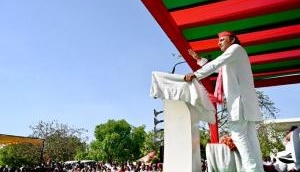

_251372_300x172.jpg)

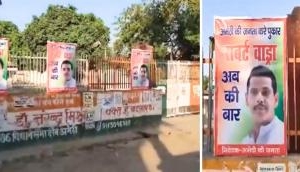
![BJP's Kapil Mishra recreates Shankar Mahadevan’s ‘Breathless’ song to highlight Delhi pollution [WATCH] BJP's Kapil Mishra recreates Shankar Mahadevan’s ‘Breathless’ song to highlight Delhi pollution [WATCH]](http://images.catchnews.com/upload/2022/11/03/kapil-mishra_240884_300x172.png)

![Anupam Kher shares pictures of his toned body on 67th birthday [MUST SEE] Anupam Kher shares pictures of his toned body on 67th birthday [MUST SEE]](http://images.catchnews.com/upload/2022/03/07/Anupam_kher_231145_300x172.jpg)


